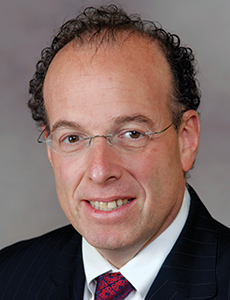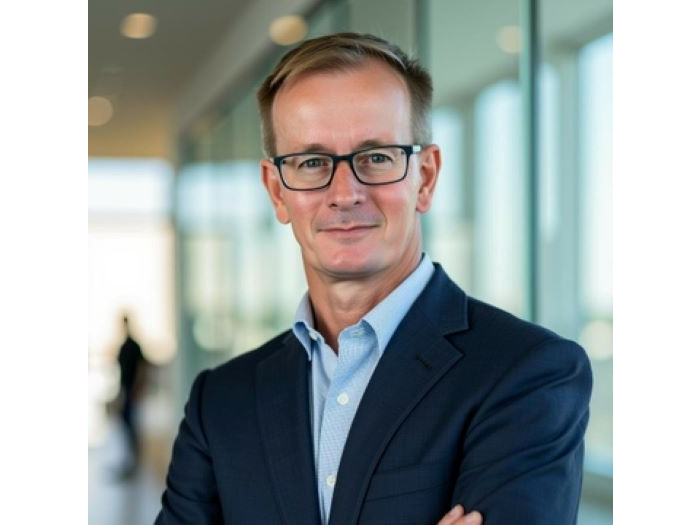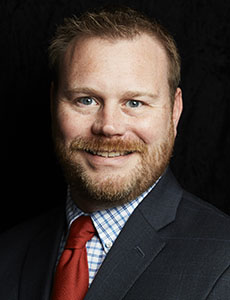Risk Management
Seven Questions for Michael Liebowitz
Michael Liebowitz, senior director of insurance and enterprise risk management at New York University, has come a long way from his very first job as a paperboy for the “Long Island Press.”
He came to the risk management profession in a “circuitous route,” he said, working in outside and inside claims before the “really bad underwriting” at a former company caused his department to become so “inundated with claims,” that he opted to leave the business.

Michael Liebowitz, senior director of insurance and enterprise risk management, New York University
He joined NYU Medical Center as an insurance specialist, handling primarily property, workers’ comp and medical malpractice, and later become director of risk management at NYU. In 2006, he served as president of RIMS.
“I think the biggest thing I am proud of is that probably every place I’ve been employed, I’ve been able to go into the organization and create a risk management program where there wasn’t one, or identify deficiencies in risk management programs that had been in place and improve them,” he said.
As for emerging risks, it’s cyber risk that most concerns Liebowitz. “Because the bad guys are always one step ahead of us. We are always playing catch up.”
These seven questions explore some of his thoughts on the risk management profession:
What is the risk management community doing right?
That’s a tough question. Risk management has now been fragmented. We have traditional risk management based upon an insurance model with loss control and safety and claim. Then you have enterprise risk management and looking at strategic risks. We are becoming subspecialists within a specialty.
I don’t know if that’s good or bad yet. It’s something that is still developing. There are very few people that have experience in all three disciplines.
What could the risk management community be doing a better job of?
We are going from generalists to specialists and subspecialists. And I just don’t know if it’s good. It’s too early on to come up with a definitive opinion. It’s a concern. I have all of that experience so it doesn’t bother me, but a person coming out of school, they don’t know what they are getting into. We are siloing ourselves. I don’t think anybody sees it coming.
What’s been the biggest change in the risk management and insurance industry since you’ve been in it?
I don’t think the insurance industry has changed all that much since I entered 30-odd years ago. We still don’t have contract certainty. They still do things the old way. Instead of mailing a spreadsheet, we are emailing a spreadsheet and sending the same information to multiple different carriers and filling out multiple different applications.
One way they have changed is they have decided that shareholder value is in some instances more important than insured interests. They put their shareholders before their insureds. This is a service industry; provide me with service. I am paying for it. That’s the negative.
The good side is they are putting more emphasis on loss control, loss reduction and claims identification and mitigation activities. They are trying to get ahead of the curve but those services don’t run that deep. They are very superficial. Some carriers don’t even understand what the four corners of their policy insure and I will leave it at that.
Was the contingent commission controversy overblown?
Yes. The way brokers get compensated hasn’t changed. What has changed is they are now telling you what they are making on your book of business and they are obligated to do that versus you having to ask them.
I would flip it around and say if you were really a diligent risk manager, you would have asked the question: What is the true cost of risk. And to get the true cost of risk, you have to know what you are paying your broker. It’s all about transparency and being smart enough to ask the question.
What is the most unusual/interesting place you have ever visited?
China. It’s just so foreign from a Westerner’s point of view. Shanghai is a very modern city but you can walk two blocks in any direction and contrast it with old China. Chinese food there isn’t Chinese food here. From a food perspective, it’s very different. Culturally, it’s very different. As much as I love China and don’t mind going there – I’ve been there seven or eight times – it’s very difficult to wrap my head around it.
What is the riskiest activity you ever engaged in?
Cycling on the street. It’s dangerous between the potholes and cars and sand and leaves. You need to have eyes in the back of your head.
What about this work do you find the most fulfilling or rewarding?
I like everything I do. It’s the variety, trying to solve problems and to make my clients able to do their business by protecting not only my client but the larger organization from the business some of them might engage in.










